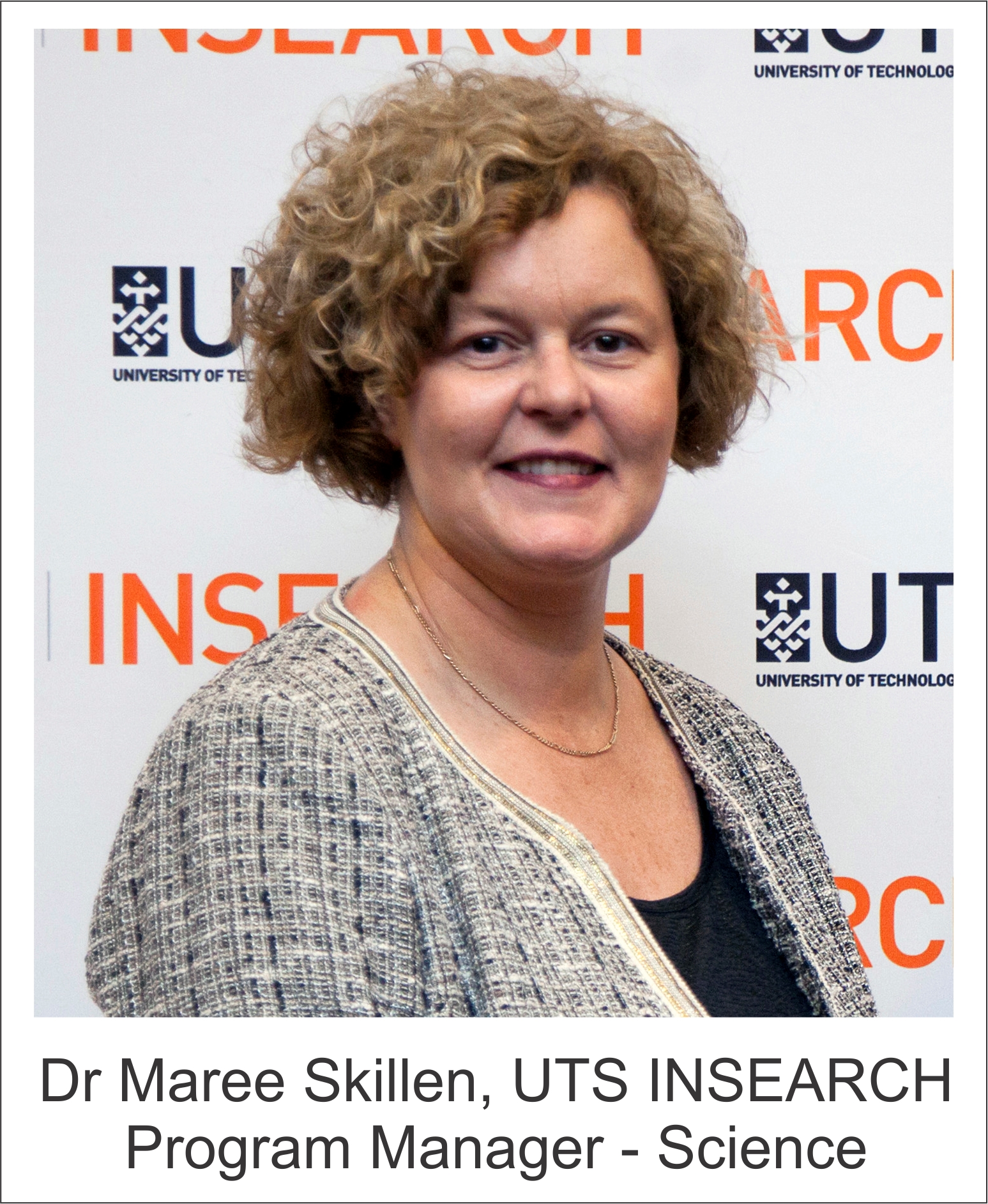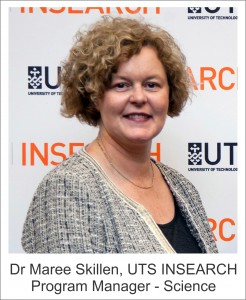2 mins read
Call For Women To Continue Science Studies And Science Careers To Benefit Society

April 26, 2024
Copyright 2023, IT Voice Media Pvt. Ltd.
All Rights Reserved

 country works to become the sixth largest scientific power-house in the world, says Dr Maree Skillen, Program Manager – Science at UTS:INSEARCH.
country works to become the sixth largest scientific power-house in the world, says Dr Maree Skillen, Program Manager – Science at UTS:INSEARCH.